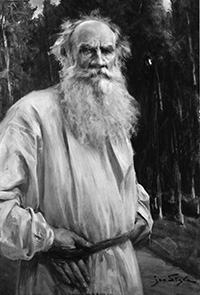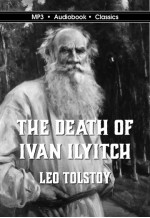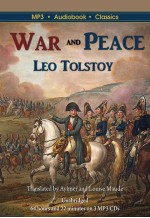
| Leo Tolstoy
(September 9, 1828 – November 20,1910) was born to a noble Russian
family. His parents died when he was a still a boy. Relatives raised
him, and he was wealthy and free to live the dissolute life of a young
man of society in Moscow and St. Petersburg. After gambling away a small
fortune he left for the Caucasus to fight in the Crimean War. In the
Caucasus Tolstoy, a failed student without any evident promise, began to
write. After completing several brilliant shorter works, Tolstoy
married and settled down at his family’s estate, Yasnaya Polyana, and
began his masterpiece, War and Peace.
Tolstoy led a life with as broad an
intellectual, philosophical and spiritual horizon as the vast spaces
recounted in his books. He also led a life that wilfully indentured
itself to the land and the deep down physical realities of manual labor.
Was any artist so gifted and so tortured by the anomalies and
incongruities of life? Was any artist more capable of reproducing life
in writing, perhaps because he was so in touch with life’s maddening
mysteries.
Tolstoy’s growth as a novelist might
be less interesting than his spiritual growth, since he was deemed a
fully formed genius from the publication his very first works. However,
his spiritual growth from the dissolute young man to the spiritual
anarchist of his latter days, who attempted to live in literal
compliance with Christ’s Sermon on the Mount, was long, fevered and
ultimately painful. His marriage, which had begun in sunlight and favor,
dissolved in bitterness and recriminations, and at the age of 82 and in
poor health he left Yasnaya Polyana only to die from pneumonia in a
railway station. Leo Tolstoy was a giant among men whose person
encompassed an entire spectrum. He was irascible and kind, brilliant and
stubborn, a glutton and an ascetic, spiritual but of the earth. His
influence on writers as well as social activists like Ghandi and Martin
Luther King remains immeasurable.
|



